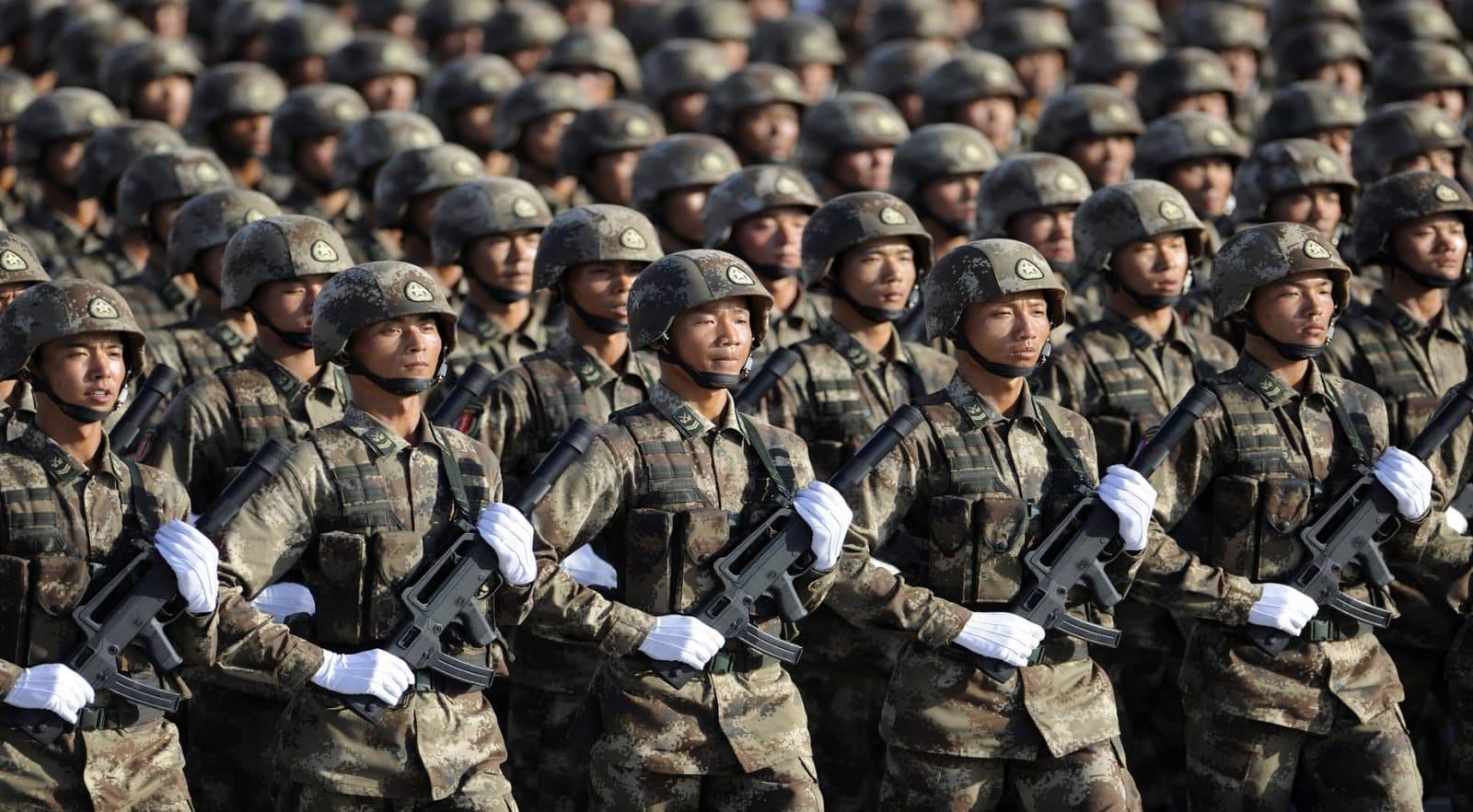
For at least three years Chinese troops have been stationed in Tajikistan quietly watching over an old passageway into Afghanistan, according to interviews, analysis of satellite images and photographs, and firsthand observations by The Washington Post’s Gerry Shih. At a moment when the United States may be pulling out its troops out of Afghanistan, China appears to be tiptoeing into a volatile region critical to its security and its continental ambitions. No government has publicly acknowledged the Chinese station in Tajikistan.
Excerpts:
- During a recent trip along the Tajikistan-Afghanistan border, The Post saw one of the military compounds and encountered a group of uniformed Chinese soldiers shopping in a Tajik town, the nearest market to their base. They bore the collar insignia of a unit from Xinjiang, the Chinese territory where authorities have interned an estimated 1 million Uighurs, a mostly Muslim ethnic minority. “We’ve been here three, four years,” a soldier who gave his surname as Ma said in a brief conversation while his Chinese comrades, guided by a Tajik translator, bought snacks and topped up their mobile SIM cards in Murghab, a sprawl of low-rises about 85 miles north of the base. When asked whether his unit had intercepted anyone crossing from Afghanistan, Ma smiled. “You should be aware of our government’s policies about secrecy,” he said. “But I can say: It’s been pretty quiet.”
- Tajikistan — awash in Chinese investment — joins the list of Chinese military sites that includes Djibouti in the strategic Horn of Africa and man-made islands in the South China Sea in the heart of Southeast Asia. Meanwhile, Chinese President Xi Jinping’s economic ambitions over the past seven years have brought a wave of major investment projects from the resource-rich Caspian Sea to Cambodia’s coastline.
- Details about China’s activities at the facilities, some which bear the Chinese and Tajik emblems, are not made public. Also unclear are the arrangements over their funding, construction and ownership. Satellite imagery shows what appear to be two clusters of buildings, barracks and training grounds, about 10 miles apart near the mouth of the Wakhan Corridor, a narrow strip of territory in northeast Afghanistan. The Post separately spoke to members of a German mountaineering expedition who said they were interrogated in 2016 by Chinese troops patrolling the Afghan corridor, near the settlement of Baza’i Gonbad. Photos taken by Steffan Graupner, the expedition leader, showed Chinese mine-resistant armored vehicles and equipment embossed with the paramilitary logo. Taken together, the findings add weight to a growing number of reports that China, despite public denials, has been conducting security operations inside Afghanistan.
- Despite harboring concerns about militants in Afghanistan for decades, China has been loath to be seen as siding with any party in the conflict, much less put boots on the ground. Instead, China’s state-owned companies and banks have inked infrastructure deals, mining concessions and loans across Central and South Asia. Its diplomats, who have robust ties with Afghanistan, Pakistan and the Taliban, have talked up China’s role as a regional peace broker — never a peacekeeper. But China’s global posture is changing under Xi, who has shed the country’s long-standing isolationism and spoken loftily about restoring its great power status. People’s Liberation Army (PLA) strategists increasingly advocate pushing beyond the Chinese mainland with deployments that follow in the wake of the country’s expanding “haiwailiyi,” or interests abroad.
read more at Washington Post
ATTENTION READERS
We See The World From All Sides and Want YOU To Be Fully InformedIn fact, intentional disinformation is a disgraceful scourge in media today. So to assuage any possible errant incorrect information posted herein, we strongly encourage you to seek corroboration from other non-VT sources before forming an educated opinion.
About VT - Policies & Disclosures - Comment Policy
Due to the nature of uncensored content posted by VT's fully independent international writers, VT cannot guarantee absolute validity. All content is owned by the author exclusively. Expressed opinions are NOT necessarily the views of VT, other authors, affiliates, advertisers, sponsors, partners, or technicians. Some content may be satirical in nature. All images are the full responsibility of the article author and NOT VT.




When the last C17 leaves Afghanistan, the Chinese are going to move in like a hobo on a hotdog. Afghanistan has more rare earth elements than many other southwest Asian countries; many mountain resources that have never been excavated. Lithium is the commodity of the future.
Comments are closed.